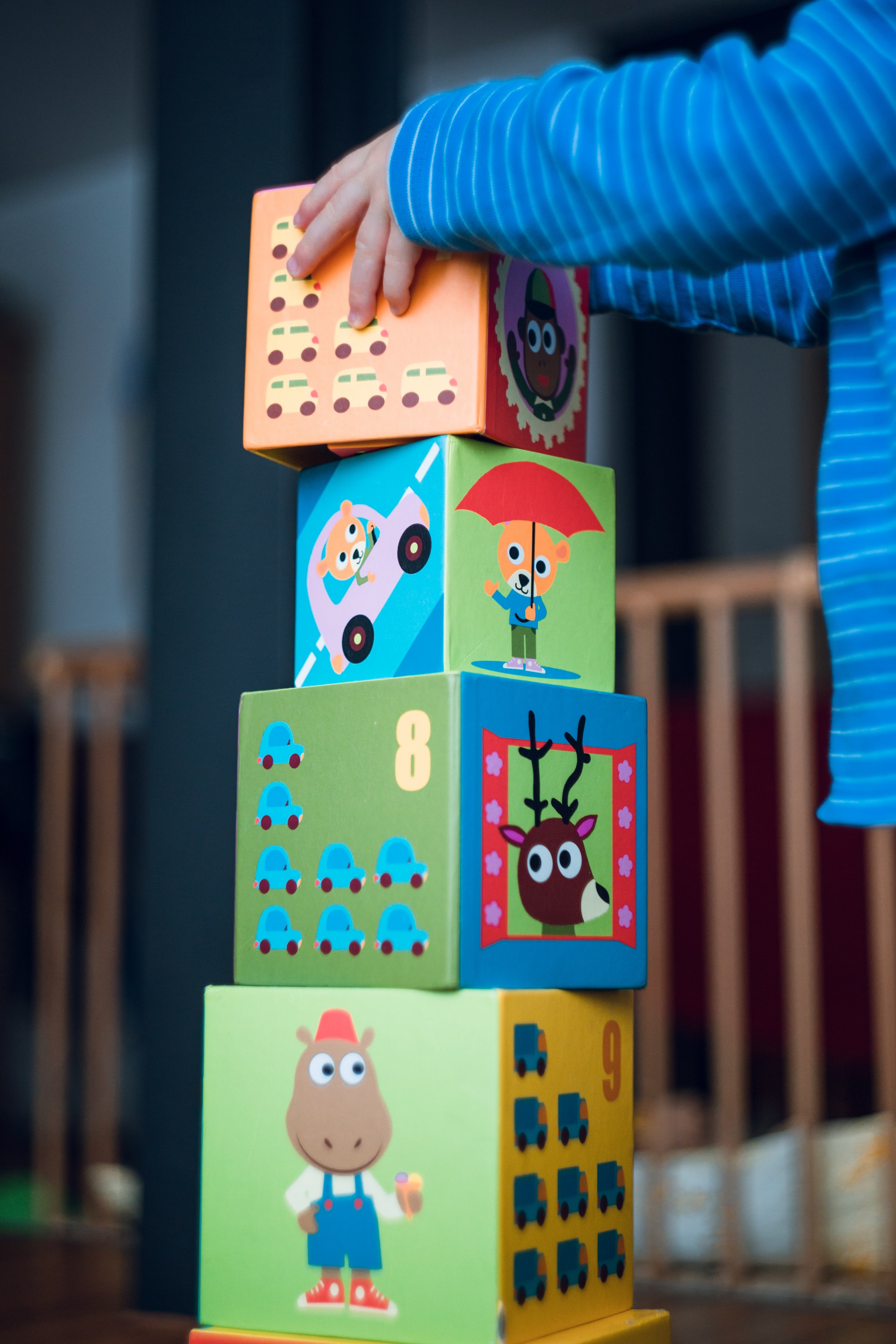Often when people think about social skills they look at categories of play (practice play, constructive play, symbolic play and games with rules) and stages of social play (unoccupied play behaviour, onlooker play, solitary independent play, parallel play, associative play and cooperative play).
There are 4 other key components needed for social success:
› Self regulation
› Communication
› Prosocial skills
› Social Decision Making
There are also a number of other factors that influence play including; choice of friends, selection of activities, social maturity, motivation/interest, degree of playfulness and family/cultural influences.
Below are some tips to consider:
• Always consider the child’s temperament, functional capacities, developmental profile, and cultural background.
• Creating a structure within an activity will invite the behaviours we want to see in our child.
• Self-regulation is a key first step. Without the appropriate arousal level a child will not be able to successfully engage irrespective of their skills.
As parents, therapists, teachers, and carers we need to consider more than just the categories of play and stages of social play development when looking to boost a child’s social competence.
Self-regulation refers to an individual’s ability to monitor, evaluate and adjust their state to match the environment and people they are with. It is influenced by our arousal level, attention, flexibility, affect and physical control.
Communication is one’s ability to understand and share interactions with another. Communication serves 4 main functions including providing physical safety, increasing personal awareness, influencing others and sharing personal success. Often children with communication issues have 1 of these 4 common deficits; problems with discourse, in pragmatics, in wording finding or a breakdown in speaker-listener responsibility, pro social skills including cooperation, assertion and self control.
Social decision making includes 5 basic steps; identifying the problem, generate alternatives, consider the consequences, choose and implement the best alternative and evaluate the results.
Author: Kim Elter – Occupational Therapist


0 Comments